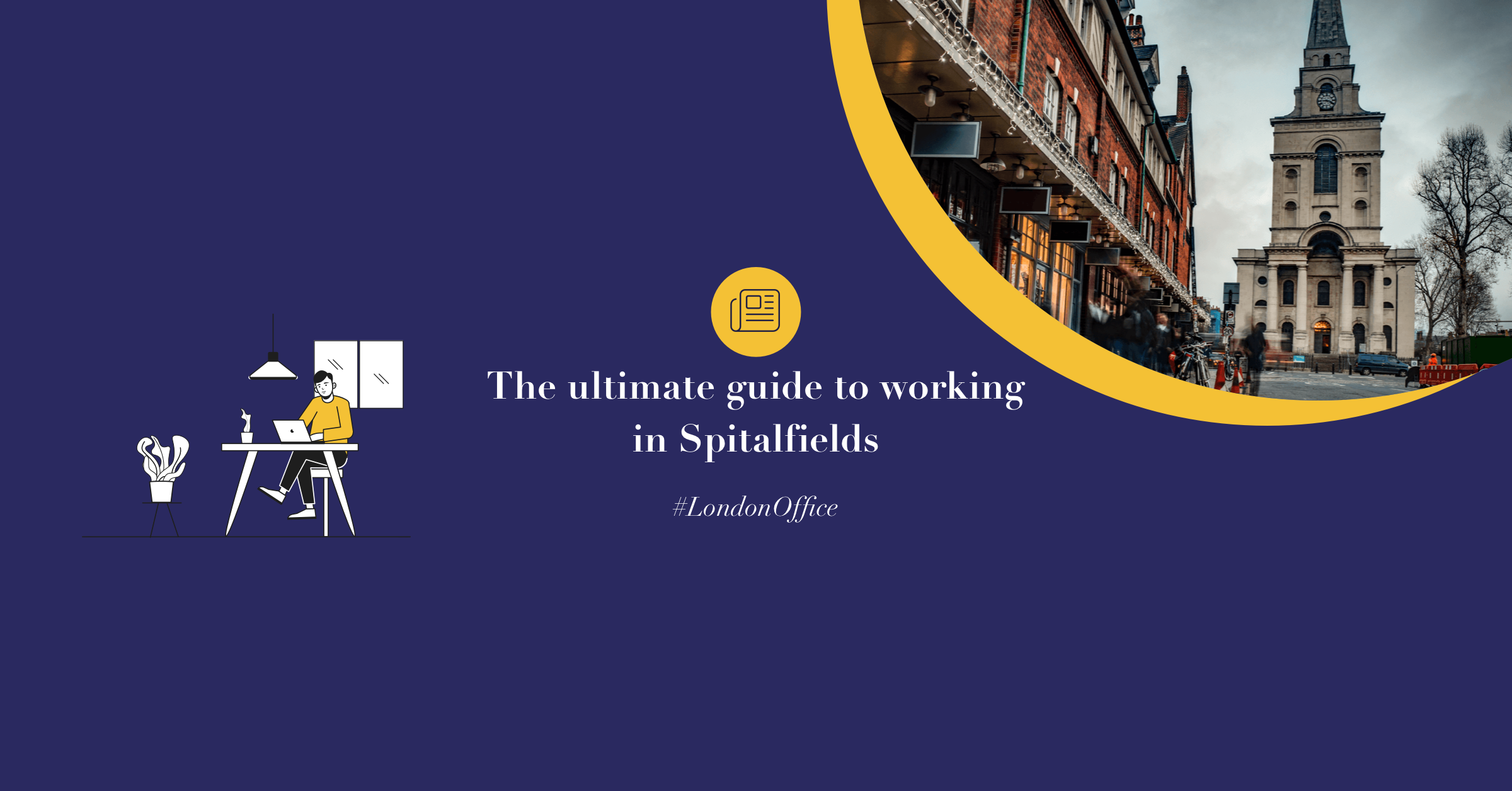
Many teams have now been working from home for close to a year and even the most introverted team member is struggling with the same four walls. Our blog this week examines why we need a return to the office strategy and how to deliver it.
Well-being effects of long-term homeworking
The Office for National Statistics’ regular report, “Coronavirus and the Latest Indicators on UK Work and Society” (28 January 2021) finds that only 47% of working adults travelled to work this month.
Whilst many reports show that a reasonable proportion of home workers think that they are more productive at home, some also report feeling less effective, lonely and demotivated. Subsequently, wellbeing has grown in importance for employers and it needs to continue to be important to retain staff and ensure they are happy and motivated.
Why we need a return to the office strategy
Once the government has decided that going back out to work is safe for the majority, companies will have the opportunity to rethink their current home working rules. However, it won’t be like flipping a switch, as other factors come into play.
Many workers have had time to appreciate homeworking benefits, such as more time with their children and time saved not commuting. Factor into that the vaccination roll-out across the adult population, the medically vulnerable and the safety questions around busy public transport methods. A plan is required to reassure workers and phase in a return.
What resources are available to help
Many smaller companies outsource their HR but that tends to be for basic policies and individual issues only. Even larger companies with occupational health teams have historically directed them to manage long term sick absence and general working policies to protect their employers. That is a world away from proactively supporting a largely home-based work force returning to the office whilst also ensuring their mental health is unaffected after a pandemic.
Ways to support your team’s return to the office
A useful first step would be to engage with your employees on their thoughts about home-working and returning to the office in a meaningful way. They need to feel listened to and their practical needs considered, through surveys, team discussions and 121 meetings.
Creating a wellbeing strategy which accounts for both office and home working would also send positive signals to your team. The need to consider their well being has been established in 2020 and it’s a positive step. So, keep moving forward and make conversations and actions to improve well being part of the new normal.
Consulting with external professional HR partners – a little online research reveals that HR consultancies have thought long and hard about what support companies will need in the coming 12 months and they have a good mix of strategy, support and reward scheme ideas to help you.
Finding a balance between structure and flexibility will ultimately be the way to succeed. A year of homeworking has allowed people to question the Monday to Friday commute. Employees paid hours need to contribute to the company success, but motivated people will be more effective. A planned and staggered return to the office, taking account of commutes, will help everyone feel secure.
If you’re looking for a new, safe workspace for your team, give us a call on 0207 953 8080. LentaSpace owns all of its fifteen flexible workspace locations in London and we are always happy to work with clients to advise on safe working office design. Clients willing to commit to longer term contracts can also work with our Estates team to change office layout to suit their team.





